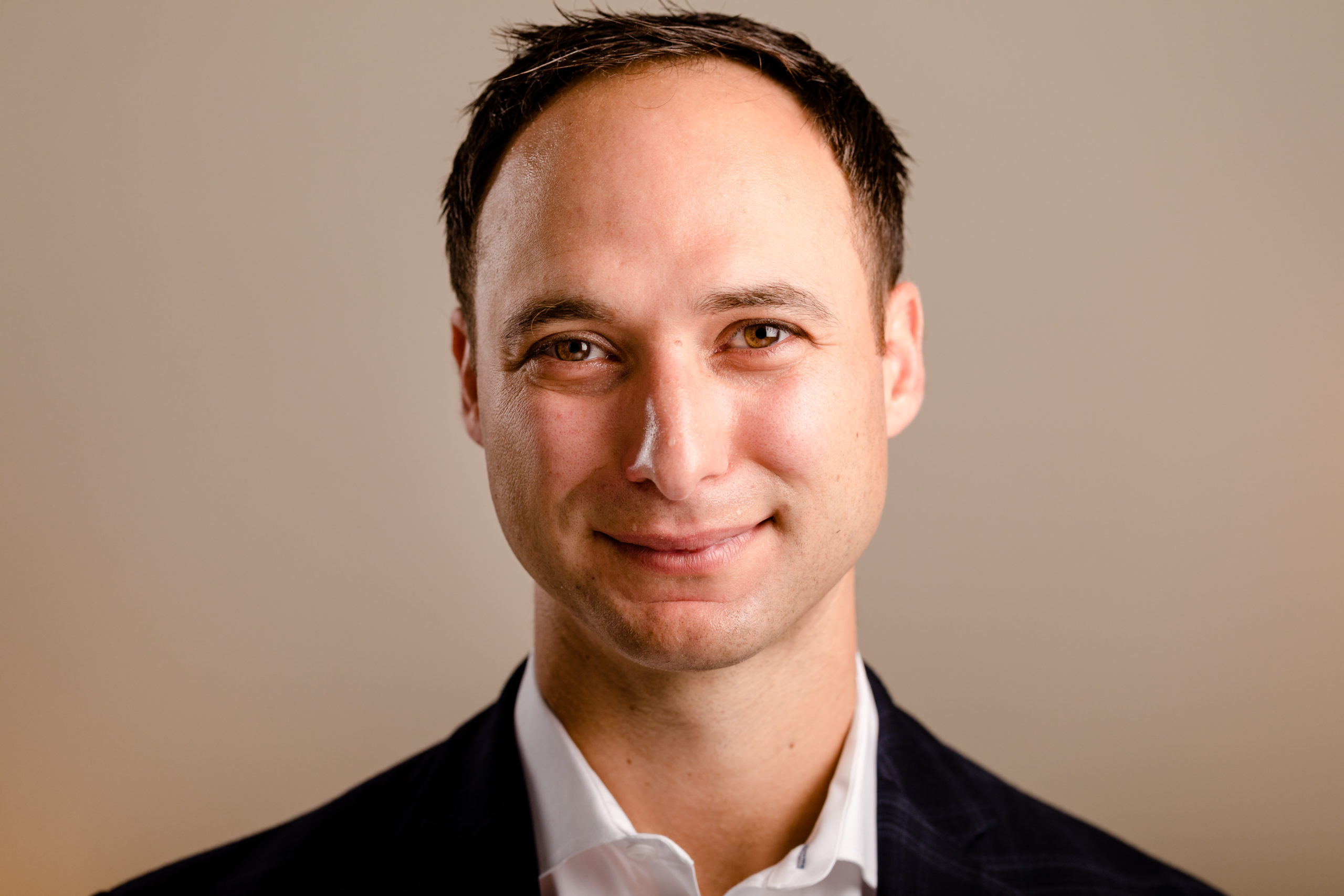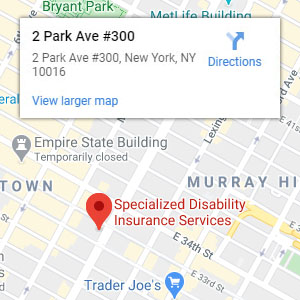As a medical professional you have more financial challenges and complexities to overcome than most other professionals. A lengthy education and time spent in residency results in a shorter career earnings period. High student debt can also make it challenging to start saving and building assets. This can lead to many physicians missing out on compounding interest. For the bulk of a physician’s career, their income will be their most valuable asset. Protect yourself properly, and protect your income.
What is disability insurance?
Disability insurance is designed to provide financial assistance if a medical professional cannot work or has reduced earnings due to an injury or illness. There are a variety of disability policies, each has their own rules and provisions that define how and when benefits get paid.
There are two kinds of disability insurance often available through employers: short-term disability insurance and long-term disability insurance. Short-term disability can generally provide financial support for a maximum of 3-6 months. The payouts will vary from plan to plan, but ultimately these short-term contracts do not provide the type of financial protection a high-income earner needs.
Long-term disability will generally provide benefits to age 65. The quality of the definitions in contracts will vary and we commonly see plans that provide 60% of income replacement. The challenge with employer provided group long-term coverage is, the benefits might not provide the coverage you think. Coverage usually has caps and is often limited to your base income only. Caps can range from a $2,000-$15,000 monthly maximum benefit. The benefit is often taxed as income, resulting in only 20-40% of a physician’s income being replaced. Coverage can also be dropped or canceled without your control and may not be portable if you leave your employer.
Physicians have turned to individual disability insurance for better financial protection. For optimal protection, individual coverage should be added in addition to cover gaps caused by the short and long-term coverage. With individual coverage you can select quality terms that protect you in your specialty as a physician. Additional clauses also provide benefits for a partial loss of income and your coverage cannot be canceled or taken away. These policies would often be the most reliable at the time of claim.
Why is it essential for doctors to buy disability insurance?
Medical professionals break their banks to reach a stage where they make what they deserve. As a result of years of education and training, most physicians don’t start making a comfortable income and building financial assets until much later in life. Any unexpected event leading to a disability, can shatter their dreams in the blink of an eye. Disability insurance covers these medical practitioners by replacing their income and securing their future. It can provide cash to cover all the essential expenses like bills, mortgage, utilities, student loans, however one should also consider the opportunity cost of not being able to save and build assets while disabled.
Doctors need to buy disability insurance because:
- There is no shortage of people who get disabled before retiring. According to the social security administration 1 out of 4 Americans will have a period of disability before retiring. Physicians, depending on specialty, can be at a higher risk than many other professionals.
- Specialists can acquire “Own-occupation” contracts that would pay benefits even if they work in another capacity.
- Having disability insurance is also excellent security and will provide peace of mind. When a physician is not at their best, physically or mentally, they might not be comfortable making decisions and performing procedures.
Disability comes with no further notice, and hence, everyone should always be prepared to face these challenges. It helps people to lead a life as close as it could get to normal while they simultaneously gear up to embrace their new life. Disability insurance should be the safety net for every young doctor’s future.

